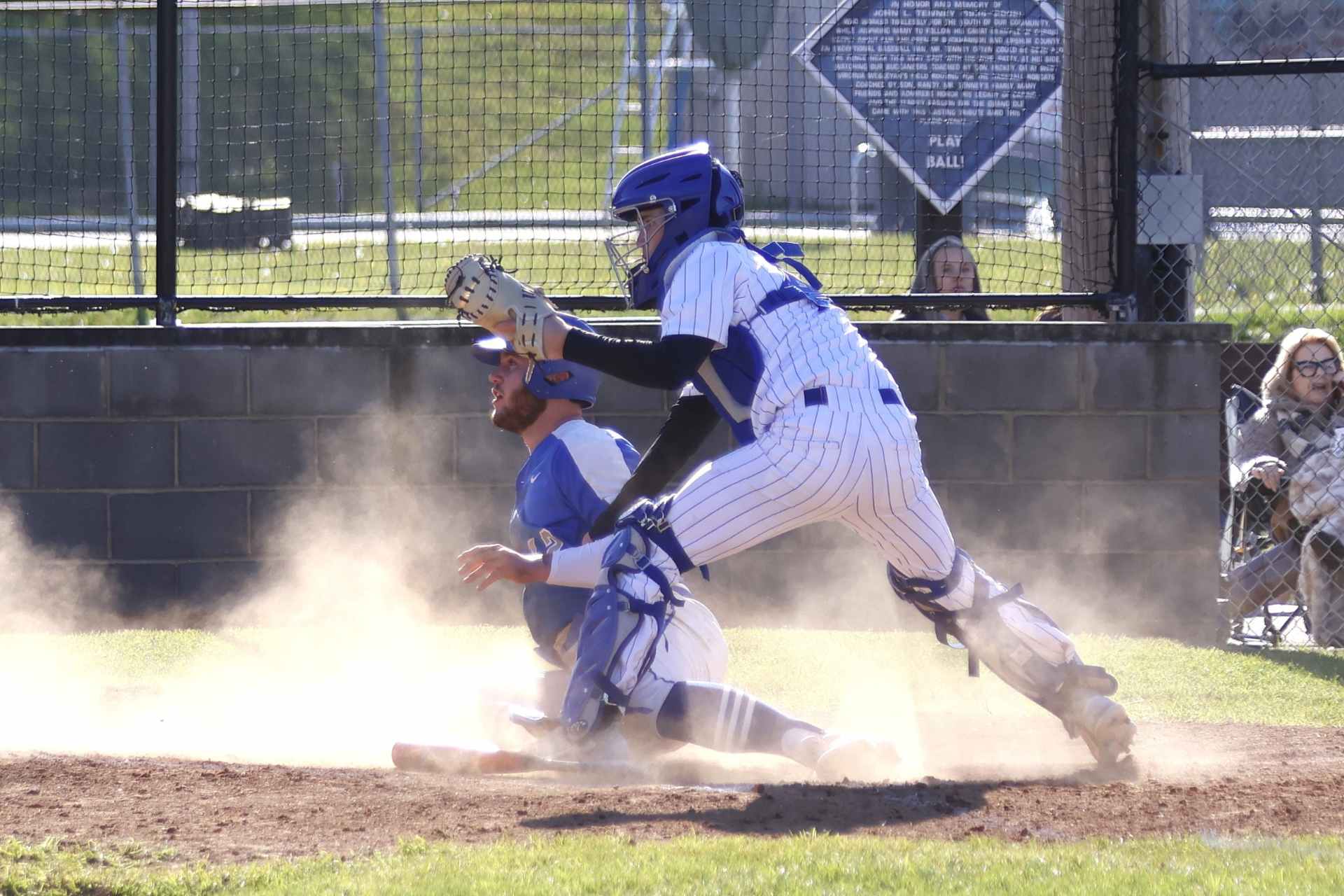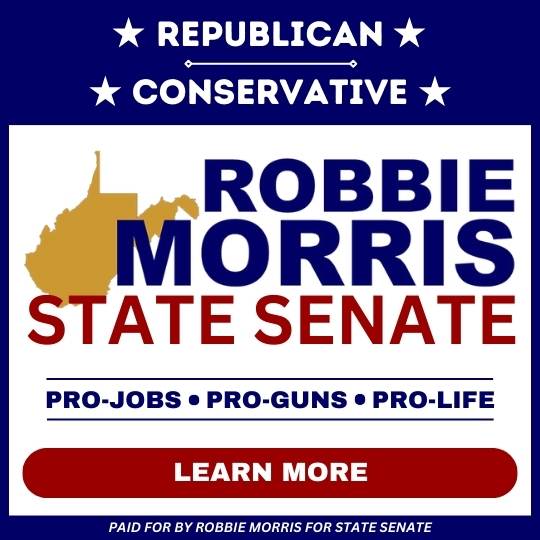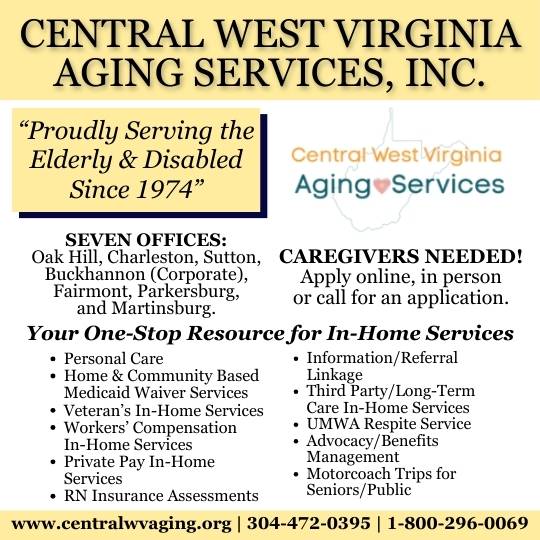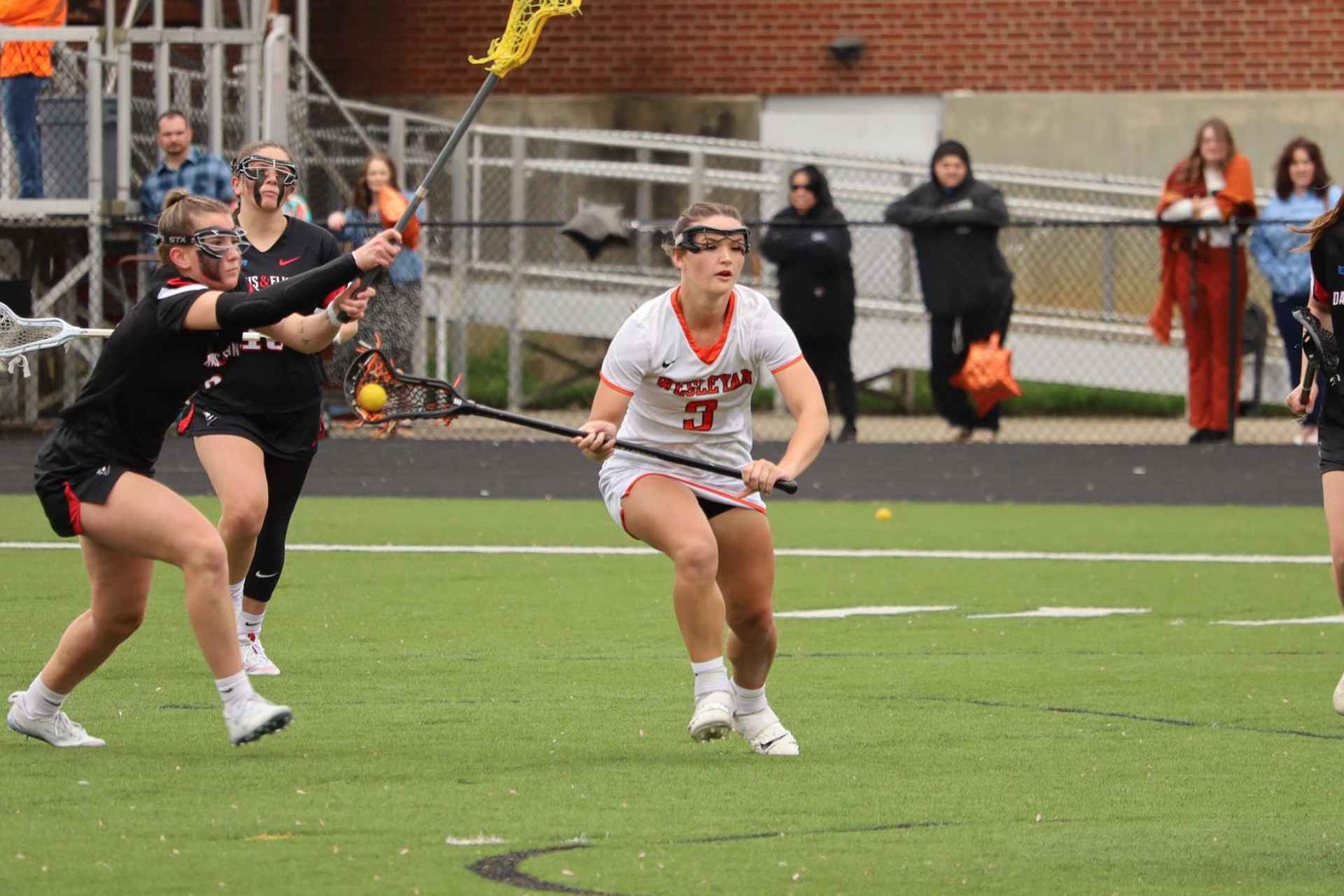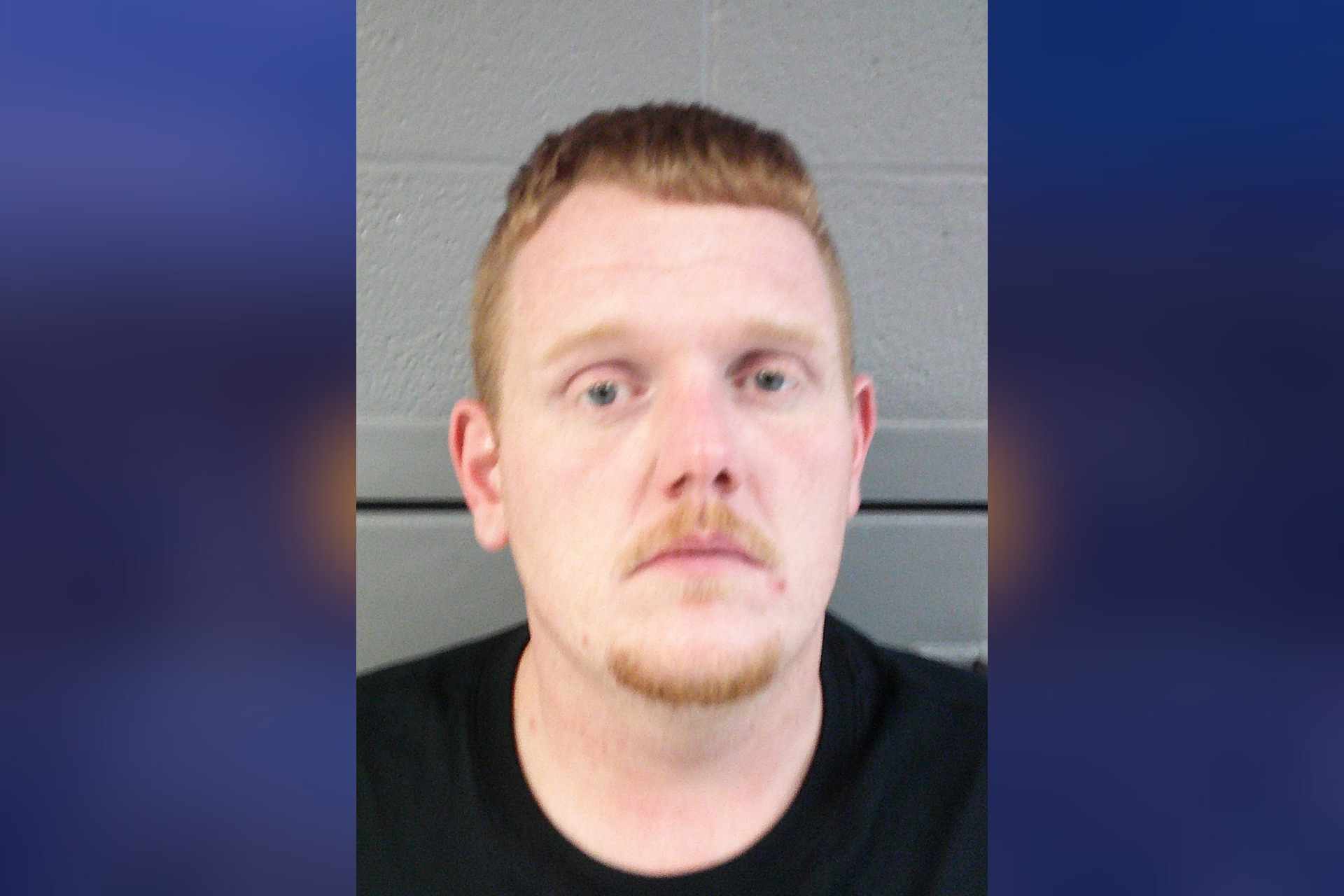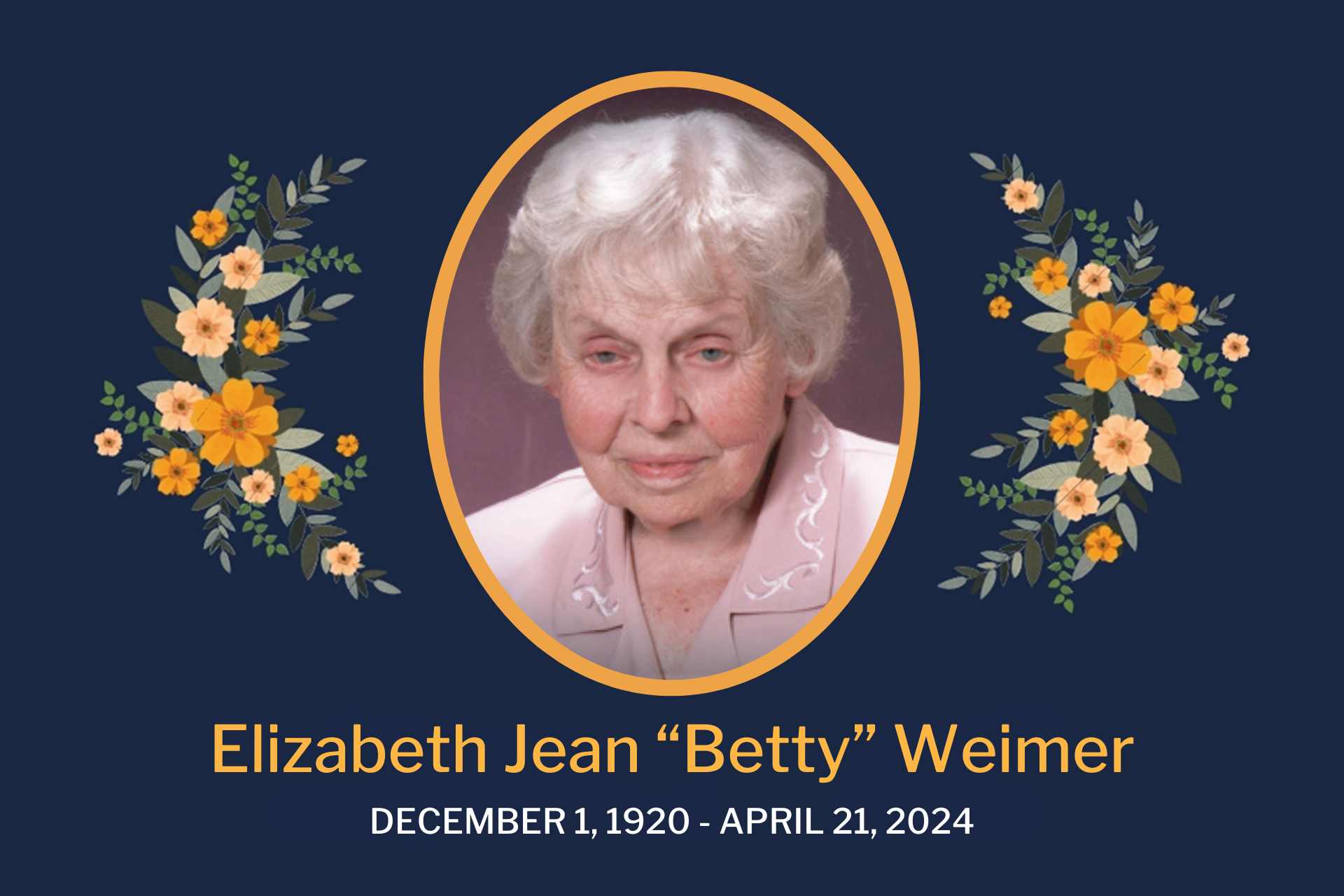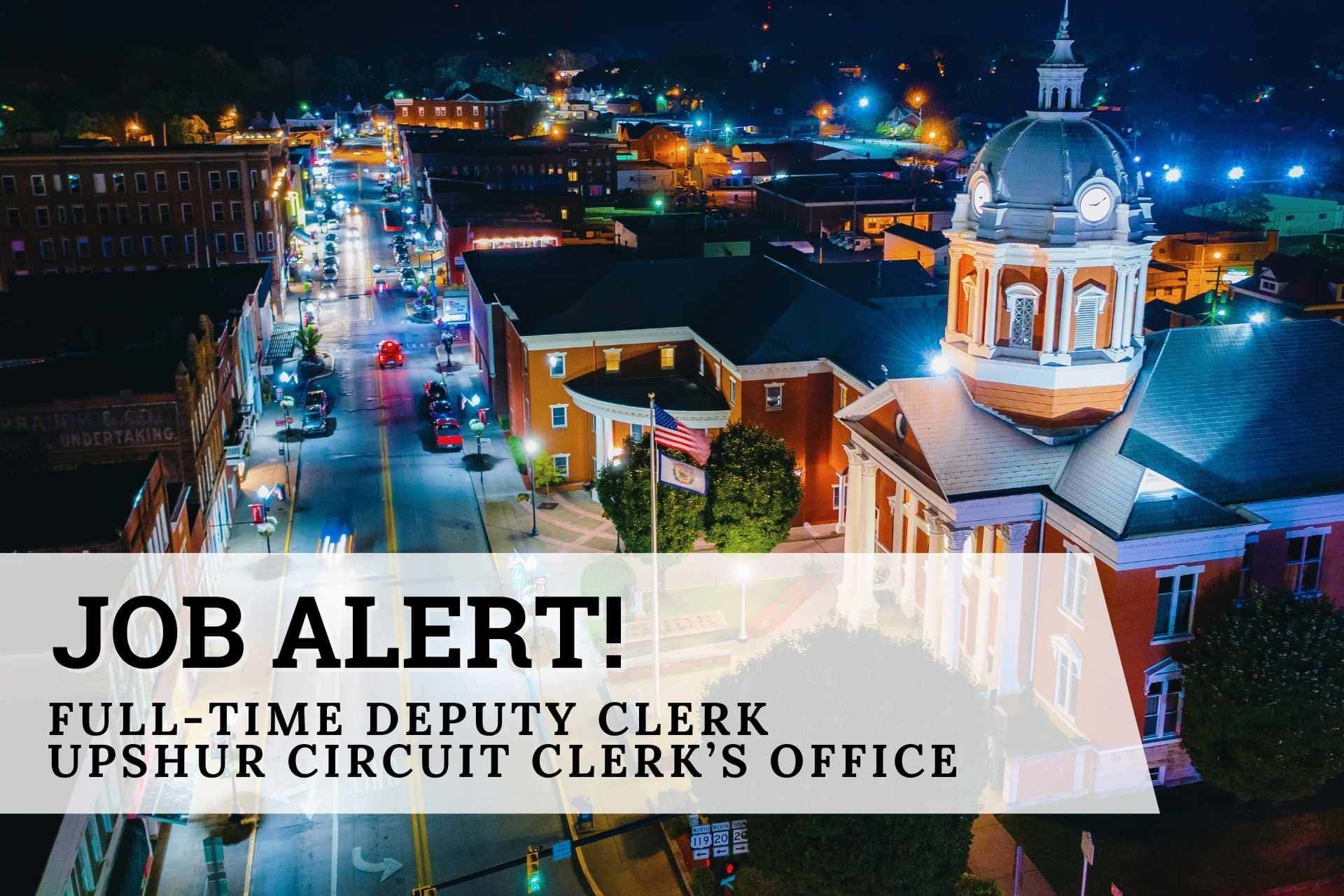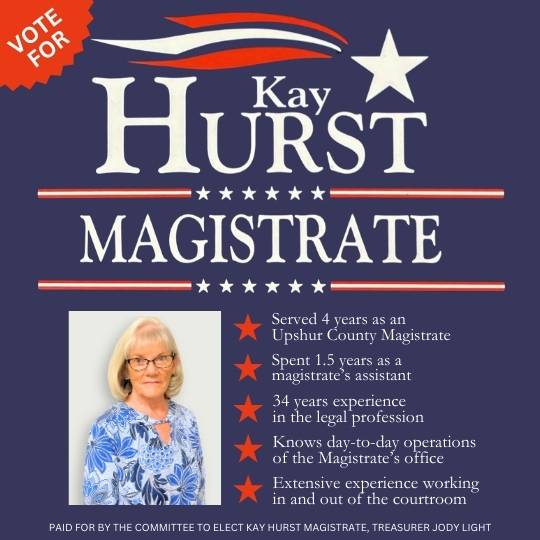Editor’s note: Ths story was originally published by Mountain State Spotlight. Get stories like this delivered to your email inbox once a week; sign up for the free newsletter at https://mountainstatespotlight.org/newsletter.
By Ian Karbal, Mountain State Spotlight
The West Virginia Legislature has passed a near-total abortion ban, after negotiations among Republican lawmakers who seven weeks ago were unable to agree on how strict the ban should be.
The state Senate passed the bill by a 22-7 vote. The House of Delegates approved it by a 78-17 vote. As soon as Gov. Jim Justice signs the bill, it will become law.
The ban exempts medical emergencies or nonviable pregnancies. But opponents of the bill are concerned that the definition of a “medical emergency” is so vague it could prevent doctors from performing an abortion when doing so would save a patient’s life.
The bill also limits where abortions can be provided, restricting them to medical facilities licensed by the state Office of Health Facility Licensure and Certification. That would end abortions at the state’s only elective abortion provider, the Women’s Health Center of West Virginia in Charleston.
“I’m going to vote for this today, not as an overwhelming cheer that this is the greatest thing we could possibly have done, because it’s not, but it is going to shut down that abortion clinic,” said Sen. Robert Karnes, R-Randolph. Karnes voted against an earlier version of the bill that he believed wasn’t restrictive enough.
Narrow exceptions in the bill for rape and incest would require reports to law enforcement, and most adults would need to undergo the procedure by eight weeks of pregnancy — a time before many people know they’re pregnant. Minors and disabled or incapacitated adults will have 14 weeks to obtain abortions if they’re victims of rape or incest.
“I don’t think the exemptions are truly exemptions,” Del. Cody Thompson, D-Randolph, said during House debate. “The way it’s written, we’re going to limit the people that truly need this procedure.”
The bill was passed over fierce opposition from most Democrats and protesters that chanted and blew blowhorns in the Capitol halls as lawmakers debated.
The bill contains no criminal penalties for many licensed medical professionals who perform abortions. This was a sticking point for lawmakers when they failed to pass a similar bill in July. Licensed medical and osteopathic doctors who practice at licensed West Virginia health care facilities may provide abortion under the circumstances specified in the bill, though they risk losing their license if a board finds they performed the procedure when there was no cause or medical emergency. Nurses and other medical workers, as well as anyone else, will face 3 to 10 years in prison unless professionally assisting a doctor who can legally perform the abortion.
The bill also clarifies that telehealth providers may not prescribe medication with the intention of causing an abortion.
In late July, Gov. Jim Justice first asked lawmakers, to clarify the state’s abortion laws, about a month after the U.S. Supreme Court overturned Roe v. Wade.
Legislators, who were already in Charleston for a special session on taxes, debated an abortion ban for a week, amid hundreds of protesters who opposed restrictions on abortion rights . Republicans, who dominate the Legislature, were unable to reach consensus about what criminal penalties people who provide abortion services should face, and what exceptions should exist for minors and victims of rape and incest.
The session abruptly stalled after the House rejected a Senate-approved version of the bill, which had no criminal penalties for doctors and broader exceptions for victims of rape and incest.
After several weeks of closely guarded negotiations among Republican leaders, the bill that emerged Monday evening was intended as a compromise among more moderate and far-right GOP legislators. Several Republicans who voted in favor of the amended bill characterized it as a compromise in speeches on the floor. Negotiations happened largely out of the public eye.
Senate Finance Chairman Eric Tarr, R-Putnam, voted against the bill because it didn’t go far enough to block abortion.
“I will push this [ban] to conception as far as I can for the innocent life,” said Tarr. “This bill will pass. It will save lives, but at the sacrifice of others.”
Tarr was the only Senate Republican to vote against the bill, and Sen. Michael Woelfel, D-Cabell, was the only Senate Democrat to vote for it. Senate Health and Human Resources Chairman Mike Maroney and Senate Majority Whip Ryan Weld, both Republicans, did not vote; Democratic Sens. Mike Caputo, Robert Plymale and Mike Romano also did not vote.
As the House prepared to vote, protesters who had been watching the proceedings from the gallery began shouting. House Speaker Roger Hanshaw eventually ordered the House galleries closed. More than a dozen protesters were removed from the galleries, and some were shoved or dragged across the floor of the outside hallways, both before and after Hanshaw’s order; Capitol Police Director Kevin Foreman would not say if any were arrested.

Dozens of protesters showed up after organizing once news came out that the bill would be up. Though a smaller crowd than the ones when lawmakers debated abortion in July, they used noisemakers and could be heard in the Senate Chamber. Protesters blew horns and shouted “shame on you” as senators approved the bill.
“My eardrums can’t take it,” said Sen. Patricia Rucker, R-Jefferson, as she exited the chamber..
When the House took up the amended bill passed by the Senate, Del. John Doyle, D-Jefferson, attempted to amend it by including a ballot initiative that would let West Virginia voters decide on abortion rights in the state. It was shot down on party lines, with no Republicans voting in favor.
“We already struggle to find access to abortion in West Virginia, so honestly I’m very worried,” said Ixya Vega, a Planned Parenthood community organizer just before the House voted on the ban. “I think right now everyone’s starting to feel it. I’m really worried about what this is going to do to West Virginians in general, but specifically young West Virginians, West Virginians who are survivors of sexual assault, and West Virginians who are survivors of family incest.”
The final vote in the House was 78-17 for the bill. Delegates Jim Barach, Mick Bates, Chad Lovejoy, Carl Martin and Johnnie Wamsley did not vote.
Reporter Ellie Heffernan contributed to this story.






